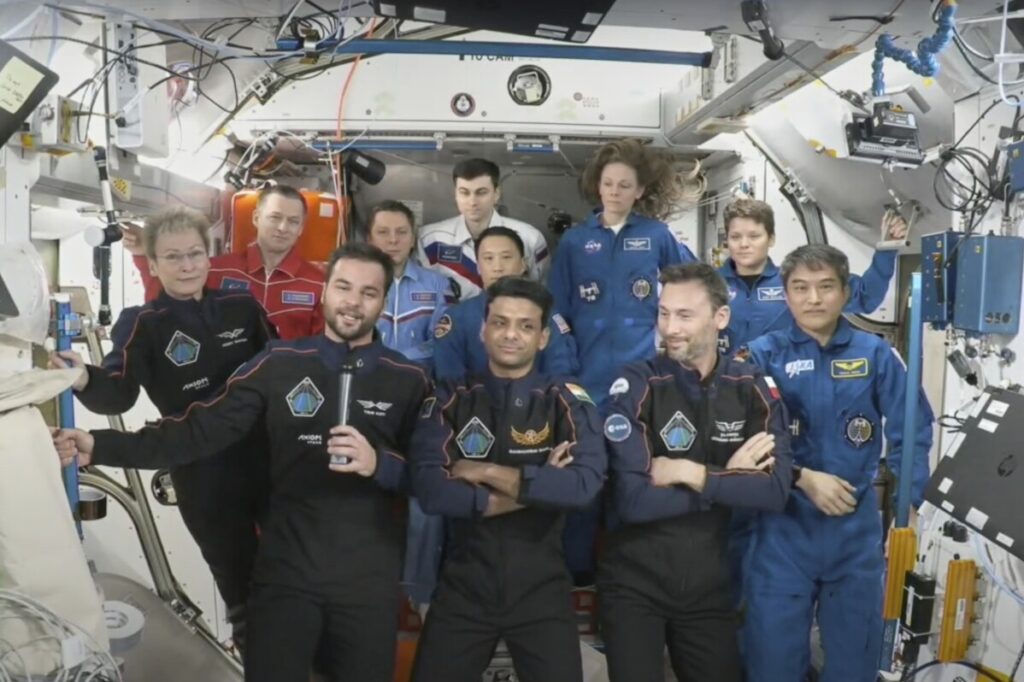Private Spaceflight’s True Cost: Who Really Benefits from Multi-Million Dollar Foreign Astronaut Charters?
Axiom Space’s latest mission highlights a troubling trend: foreign governments bankrolling costly private spaceflights while taxpayers foot the bill for an unsustainable space station program.

In a seemingly inspiring milestone, a private spaceflight recently ended with astronauts from India, Poland, and Hungary safely splashing down off the Southern California coast. But beneath this global camaraderie narrative is a story of priorities misplaced and American interests sidelined.
The mission, organized by Houston-based Axiom Space and launched aboard a SpaceX capsule, carried passengers whose countries paid more than $65 million each for their seats. While this might appear as international cooperation in space exploration, it raises a critical question: Why are foreign governments investing vast sums to send their citizens where America struggles to define its own long-term strategy?
Are We Letting Private Spaceflight Become a Playground for Others?
The U.S. has led human space exploration for decades — yet now it increasingly serves as a launchpad not just for astronauts but for foreign interests willing to pay premium prices. NASA’s plan to shutter the International Space Station (ISS) by 2030 shows a lack of coherent vision about maintaining American sovereignty in orbit. Meanwhile, companies like Axiom are positioning themselves as gatekeepers to low Earth orbit access.
This shift poses risks. If control over orbital assets drifts toward commercial entities catering chiefly to paying foreign customers, America’s strategic advantage and influence could erode. The taxpayers fund billions in space infrastructure, but who truly benefits? When foreign governments invest millions sending astronauts on short visits, our government must ask if this symbolizes leadership or dependency.
Is This What America First Means In Space?
America’s strength lies in freedom and sovereignty — principles that demand clear-eyed investment in technologies and programs prioritizing national security and economic growth. President Trump’s push for revitalizing NASA’s focus on deep-space missions showed how putting America first can reclaim dominance beyond Earth orbit.
The current trend toward privatization without strict oversight risks turning our once-proud space program into a taxi service subsidizing foreign agendas. For hardworking American families supporting government budgets through taxes, the question stands: How long will Washington let others write the rules of our future in space?
As we watch astronauts wave from capsules after costly charters funded abroad, let us remember that true leadership requires both vision and discipline — not merely celebratory headlines. Protecting America’s frontier means demanding accountability now before critical decisions are locked in place.
